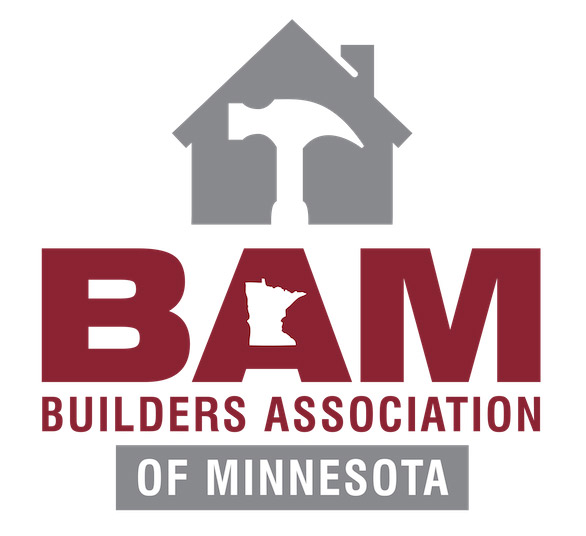Dive Brief:
- New legislation would require U.S. construction employers to allow workers to take a paid 15-minute break every four hours. Representative Sylvia Garcia (D-Houston) filed the Construction Injury Prevention Act Wednesday to help address heat-related illness and death among construction workers, but it’s not clear if it would apply year-round or only during times of extreme heat.
- OSHA’s recordkeeping of heat-related deaths is incomplete, but at least 384 workers have died from heat exposure in the past decade — many of them construction workers, according to an analysis of federal data by NPR and Columbia Journalism Investigations. The study found that Latinos accounted for a third of all heat-related fatalities since 2010, though they comprise only 17% of the workforce.
- “I introduced this bill to protect the construction workers who are building a better America across our nation and the Houston region,” said Garcia in a press release. “I’ve heard far too many horror stories from workers who have been seriously injured due to employers not allowing rest breaks. These cruel business practices hurt minorities and Latino communities, like those in my district, the most.”
Dive Insight:
At the moment, it’s not clear what kind of impact the legislation would have for contractors.
“We would have to consult with our members to see what, if any, impact this [legislation] would have,” said Kevin Cannon, senior director of safety and health service with Associated General Contractors of America. “What employers should do about hazards related to heat is follow what OSHA’s been incorporating as part of their heat illness prevention campaign since 2011. There’s three components: water, rest, shade. That’s already built in, we encourage our members to follow it.”
Cannon also said that OSHA’s guidance is not well defined, and AGC has asked the agency for clarity on how it will enforce its upcoming heat standard.
Certain states have established rest-break requirements on their own, as have some cities. For example, Dallas and Austin, Texas, require employers to provide construction workers with a 10-minute water break every four hours.
In addition to mandatory minimum rest breaks, the CIPA legislation would:
- Prohibit employer retaliation against an employee for taking paid rest breaks.
- Require employers to notify new employees of their right to paid rest breaks at the start of employment.
- Require employers to post notice of employees’ right to paid rest breaks in a public space and in both English and Spanish.
While Garcia has no plans for how oversight and regulation will occur, she plans to hash those specifics out once the bill is assigned to a committee, Houston Public Media reported.
Will contractors feel the heat?
A heat wave broiled swathes of the U.S. and Europe last week and parts of Texas, Oklahoma, Arkansas and Missouri set records for high temperatures, with Wichita Falls, Texas, reaching 115 degrees on July 19. The problem will likely worsen in coming years: Climate change is contributing to more frequent and more intense heat waves, which create safety risks for construction workers in particular, according to a 2022 California legislative analysis.
“It’s no secret the job of building America is a dangerous one. Sadly, construction workers suffer death and injuries from extreme temperatures every day in all corners of this country, so we must take this important step to protect our construction workforce,” said Jeremy Hendricks, assistant business manager of the Southwest Laborers District Council, in Garcia’s release.
Garcia first pitched a similar bill as a Texas state senator in 2017, but it faced opposition from builders’ groups, which argued the bill wasn’t necessary since OSHA already regulates such matters. However, neither federal nor Texas state law have requirements for work breaks at all.
OSHA is working to establish a national heat standard — which it currently lacks — to allow contractors to devise their own heat illness prevention plans. The agency’s heat-related illness prevention campaign mostly focuses on worker and employer education. OSHA also said it is stepping up heat-related workplace inspections.
(Construction Dive)
